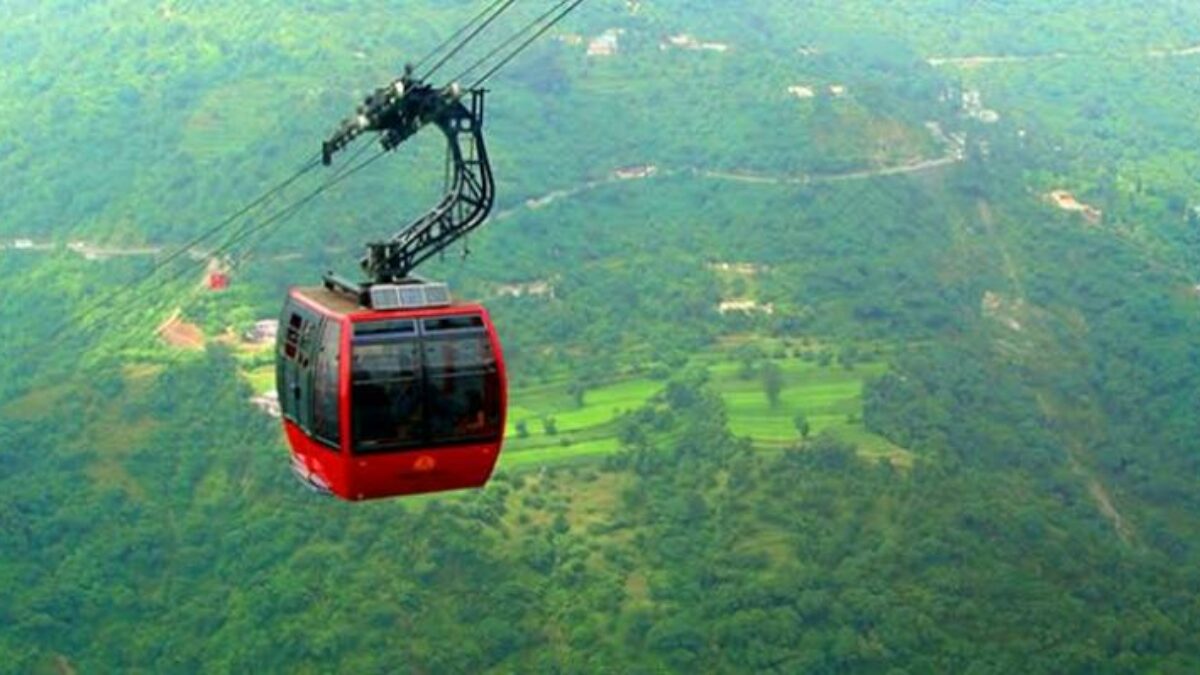Delhi to Launch Cable Cars Across Yamuna for Eco-friendly Transport
Delhi is set to introduce a cable car system across the Yamuna River. This eco-friendly initiative, which is currently in its planning phase, aims to provide an alternative, non-polluting transport option for Delhi’s residents. Announced by Delhi’s Lieutenant Governor VK Saxena, the project will see the development of cable cars that will transport passengers over the river, linking key metro stations and DTC bus stops without affecting the Yamuna floodplain or causing encroachment.
The cable cars are expected to operate during fixed hours, running from morning until night. Each car will have the capacity to carry approximately 50 passengers, offering a swift and scenic way to travel across the river. This innovative transport system is set to be a boon for commuters who currently rely on buses, auto-rickshaws, or private vehicles, which contribute significantly to Delhi’s notorious air pollution. By providing a clean alternative, the initiative aligns with the city’s broader goals of reducing vehicular emissions and improving urban mobility. The Delhi Development Authority (DDA) has been tasked with the responsibility of surveying and selecting suitable locations for the cableway system. These sites will be chosen in proximity to existing metro stations, ensuring easy connectivity and enhancing the accessibility of public transport options. Importantly, the system is designed to avoid disturbing the floodplain area or contributing to urban sprawl. The aim is to keep the development in harmony with Delhi’s green spaces, including areas like Baansera and Asita, which have been designed to promote physical fitness and encourage walking.
The initiative is being hailed as a “New Year gift” for the residents of Delhi, with the promise of improving daily commutes by providing quicker, cleaner alternatives to traditional modes of transport. Saxena has emphasised that the cable car project will not only help reduce pollution but also encourage walking, as stations will be located within walking distance from metro stations and bus stops. In a city where traffic jams and air pollution are persistent challenges, the introduction of cable cars could be a game-changer. This project aligns with Delhi’s vision of becoming a more sustainable and liveable metropolis, offering a model for other cities grappling with similar environmental and transport issues. Furthermore, the cable cars will help reduce the load on existing roads and bridges, making the city more efficient and less congested.
As the DDA moves ahead with the planning, a preliminary report on the project is expected within a month. If successful, this innovative cable car system could serve as a model for future transport initiatives across the country, promoting cleaner, greener public transport solutions for urban India. With the support of local authorities and ongoing efforts to ensure sustainable urban development, Delhi is well on its way to becoming a leader in innovative, non-polluting transport solutions.


